|
Tomorrow is World Press Freedom Day - and, sadly, journalists in a number of African countries have little to celebrate. Below is a collection of our best read articles on the topic.
In Tanzania, President John Magufuli has muzzled the press; Jonathan Rozen highlights two laws that have done particular harm to free, open journalism in the country. Ugandan journalists, meanwhile, face almost daily intimidation and violence. Geoffrey Ssenoga writes that the country’s government frequently shuts down media platforms, makes legal threats against media owners, and withholds advertising
from outlets that are deemed critical of the state.
Internet shutdowns are one weapon of censorship that’s wielded in many African countries. Governments often claim that internet access is blocked in the interest of public security and order, but their real intention is to control the political narrative. George Ogola writes that there is little evidence such shutdowns actually work. Elsewhere, he debates the merits and pitfalls of online media
platforms: they can be powerful forces for democracy, but also a space for dangerous, sectarian and divisive ideas.
Some countries fare better than others. South Africa, for instance, recently received a “satisfactory” rating on the World Press Freedom Index. But Glenda Daniels warns that worrying trends like verbal attacks on journalists, hate speech, and misogyny directed at women reporters should not be ignored. And finally, Daniel Hammett argues that political cartoonists must remain free to hold leaders
accountable, but must also guard against being divisive and regressive.
|
|
|
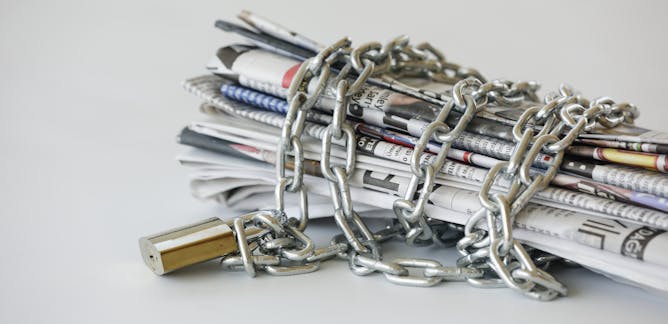
George Ogola, University of Central Lancashire
There's been an evolution in Tanzanian laws used against the press
| |
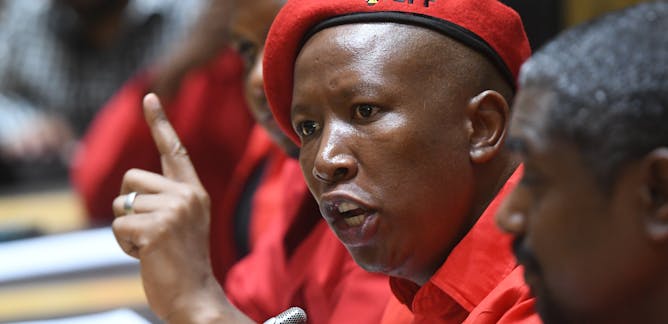
Glenda Daniels, University of the Witwatersrand
For democracy to work, the press has to be free.
|
|
|
|
|
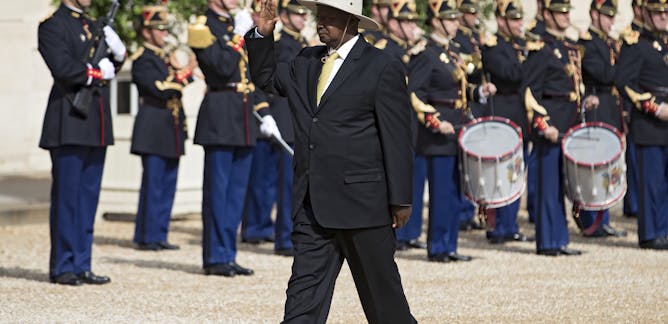
Geoffrey Ssenoga, Uganda Christian University
Despite continual threats, the media in Uganda continues to tackle controversial issues and break big stories of corruption and abuse of power.
| |
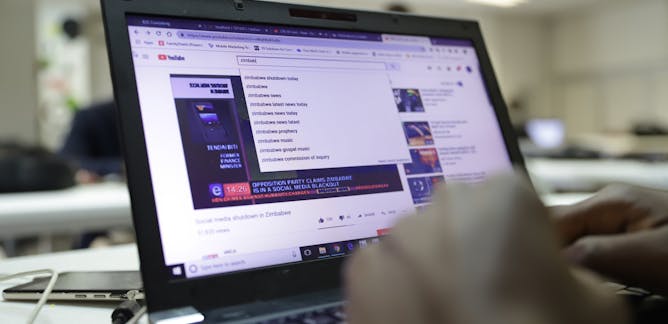
George Ogola, University of Central Lancashire
Shutting down or controlling access to the internet has become a go-to strategy among some African states who want to control the political narrative.
|

George Ogola, University of Central Lancashire
New media platforms have changed the way people create, consume and relate the news.
| |
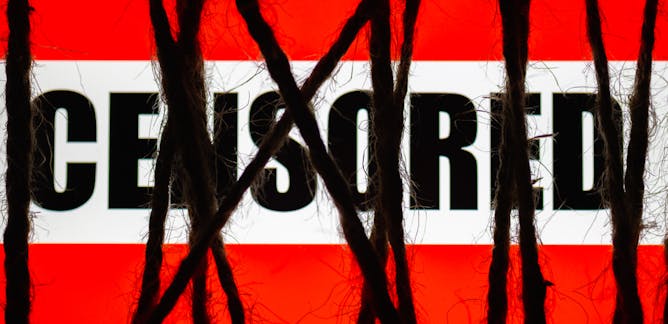
Daniel Hammett, University of Sheffield
Political and editorial cartoons are a key indicator of the democratic health of a country - but they can also be regressive.
|
|
|